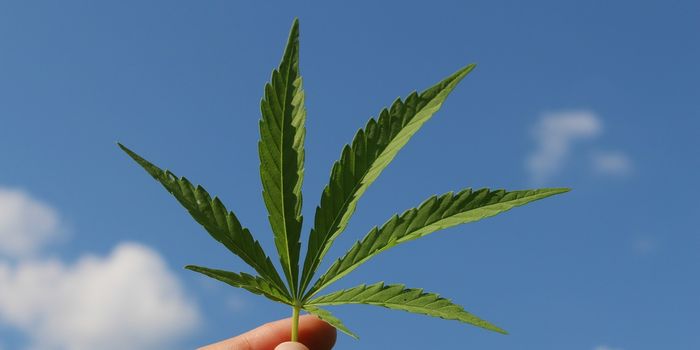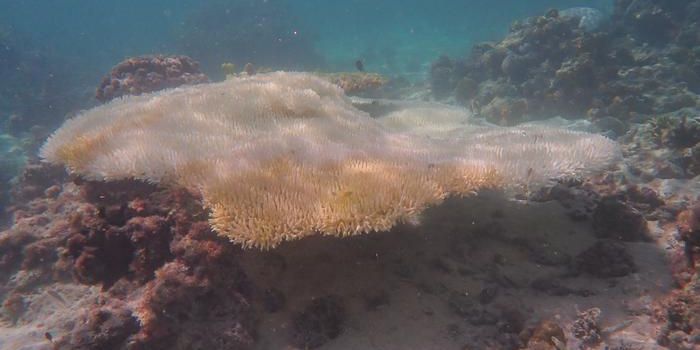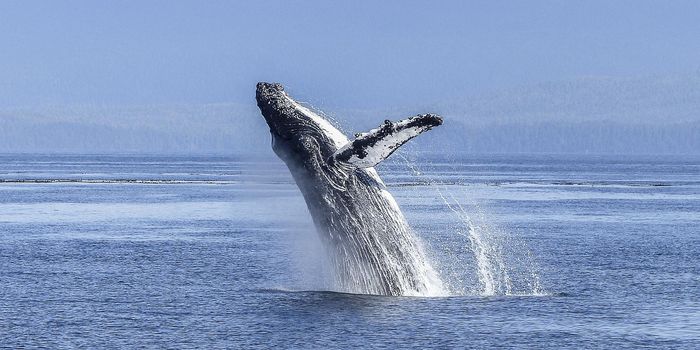New survey shows record amounts of coral in Great Barrier Reef
Here’s a little good news for the day: certain areas of the Great Barrier Reef have the highest amount of coral coverage seen in the reef in the last 36 years.
The effects of climate changes have been closely watched in many areas of the world. One of the most visible signs of climate change has been on the Great Barrier Reef. Over the past few years, in particular, the Great Barrier Reef has undergone several “bleaching events,” with the most recent one happening earlier this year. Unfortunately, these events are occurring more frequently.
Bleaching refers to a process where brightly colored coral turn white because symbiotic algae that live on the coral and give them their bright colors are expelled. It is usually caused by warmer water temperatures, which are becoming increasingly common due to a warming planet. Bleaching events can negatively impact coral reef environments, which are home to many different species of plants and animals. The impacts to these organisms and to the global ecosystem can be devastating.
A survey conducted by the Australian Institute of Marine Science, however, suggests there may be a little bit more hope for the reef than researchers previously predicted. The survey revealed that the northern and central regions of the reef have seen an increase in coral, while the southern regions have seen more decrease in coral coverage.
Researchers highlight that, while promising, the results of the survey should be taken with a grain of salt. Findings from the survey suggest that, with the right conditions, coral reefs can recover from bleaching events that are becoming more frequent. However, that doesn’t mean we’re out of the woods yet. These frequent bleaching events and other events, such as invasive species or more severe weather, can pose threats to the longevity of reefs as they attempt to regrow. Much of the new coral that is regrowing (acropora coral) is especially vulnerable.
As one of the most biodiverse areas on the planet, this news should bring some hope, as well as a renewed determination to protect the Great Coral Reef.








